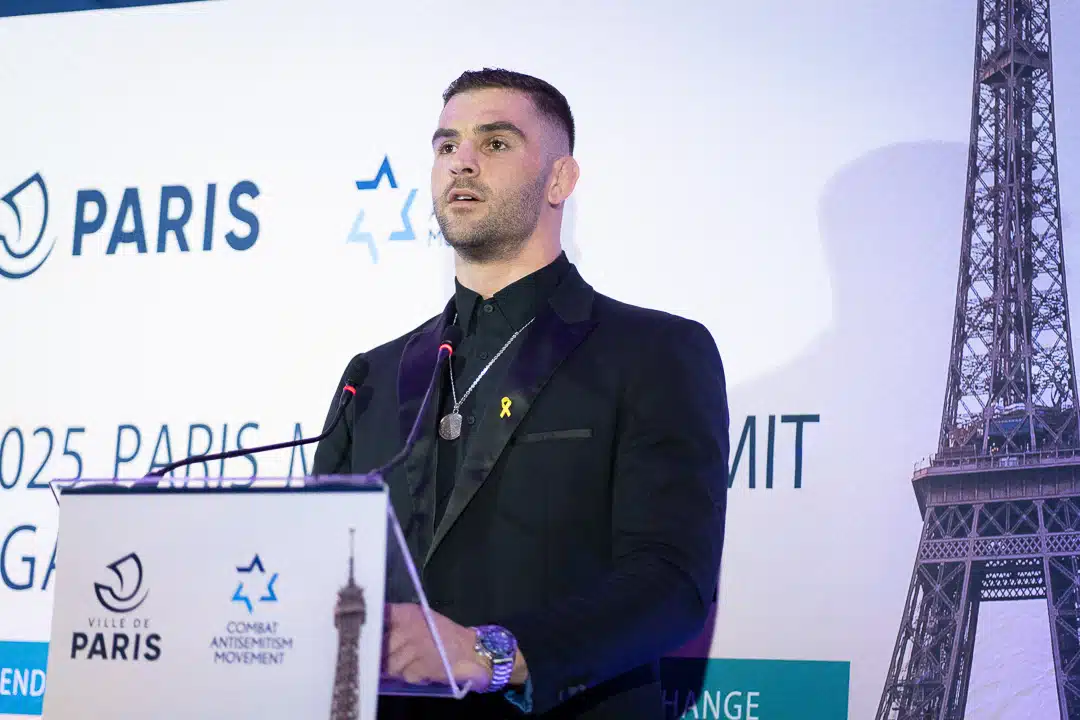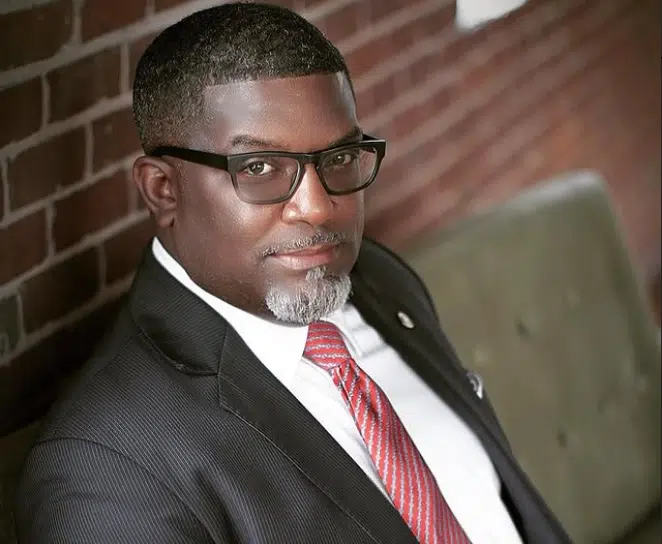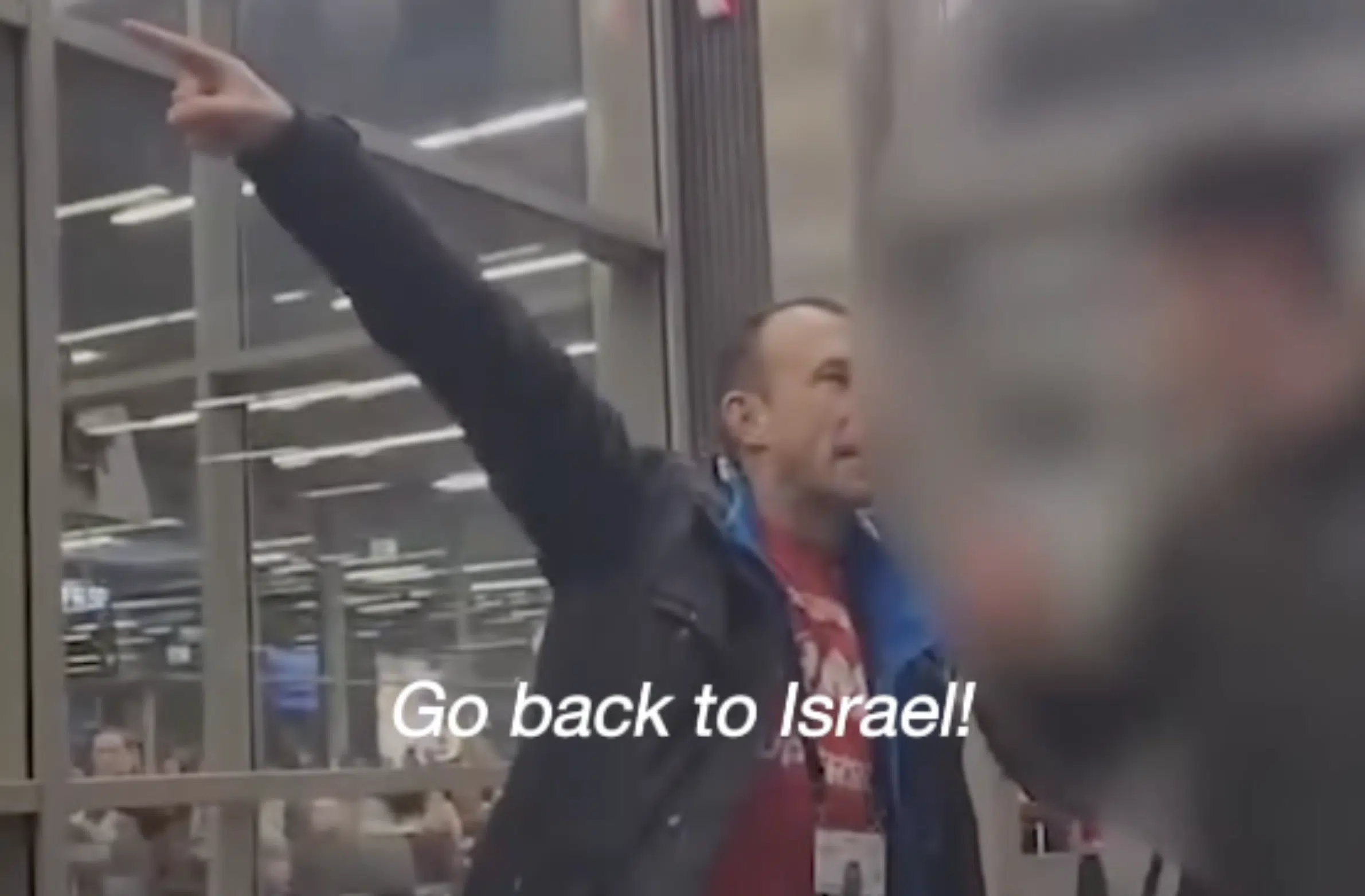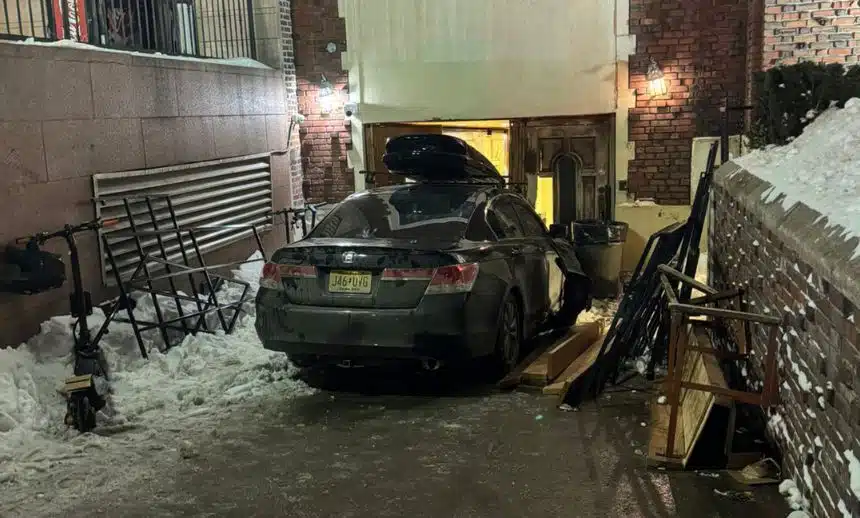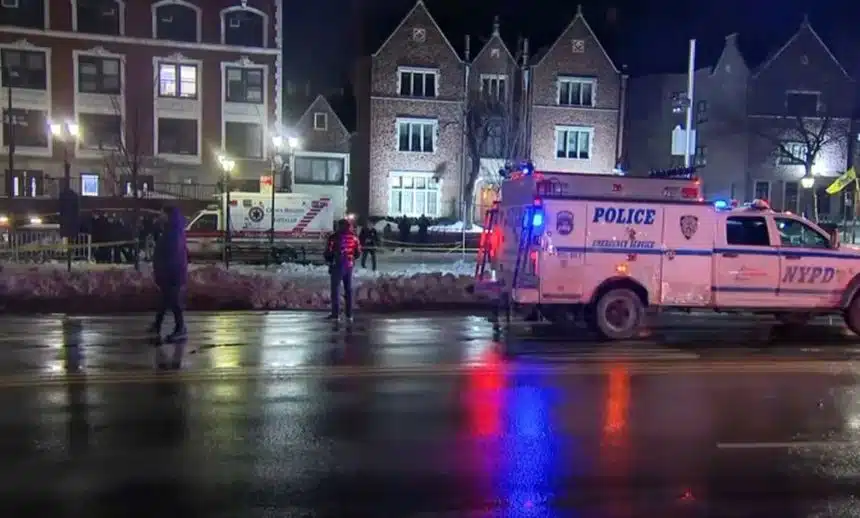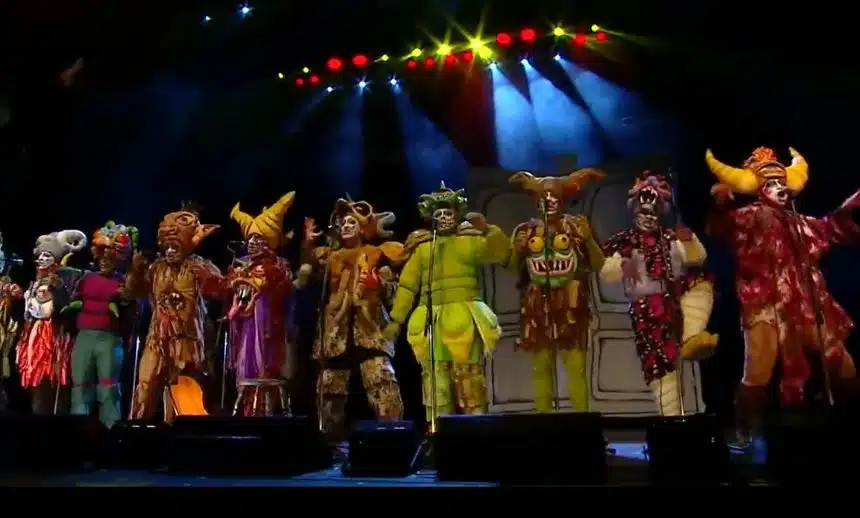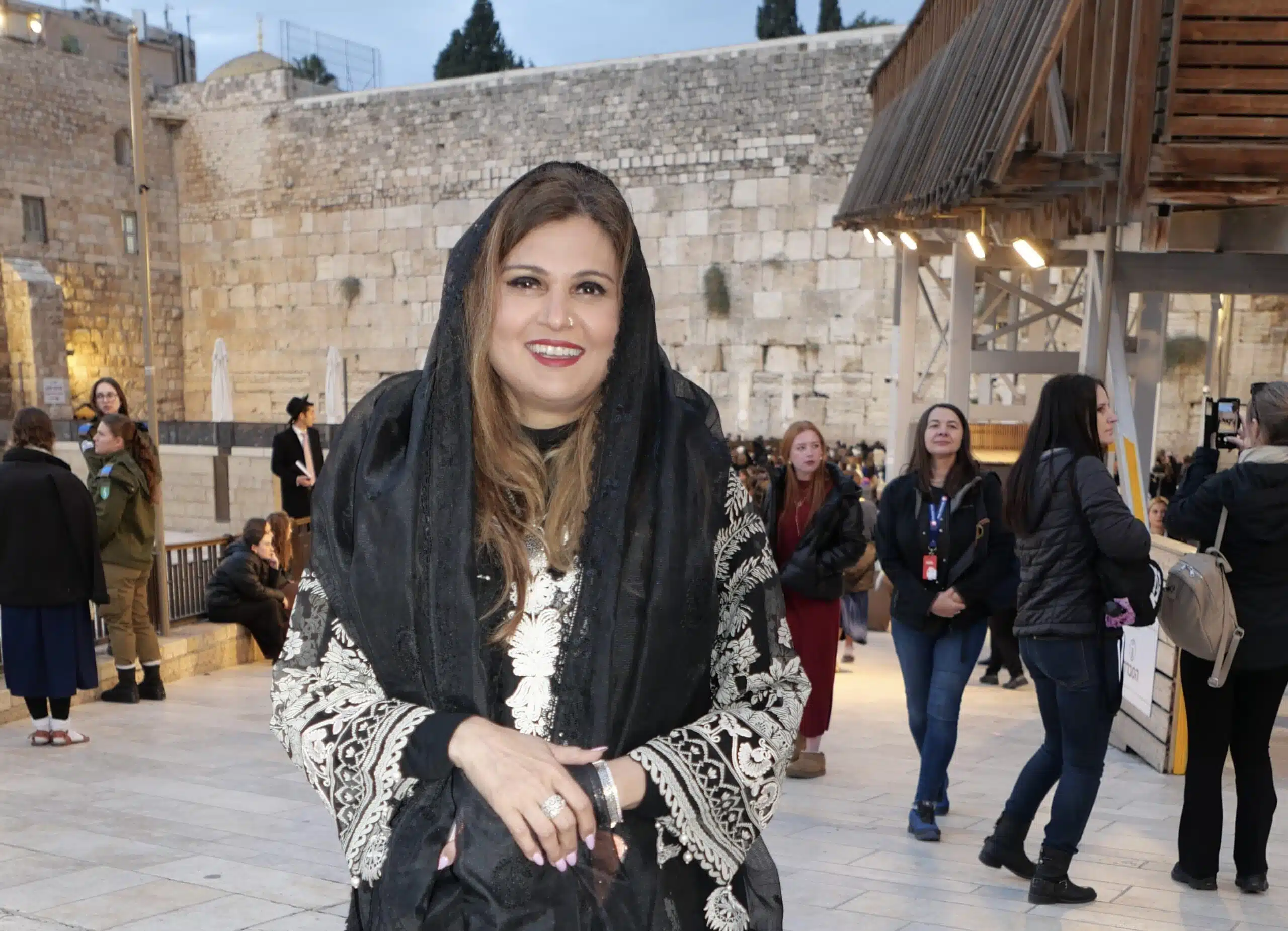
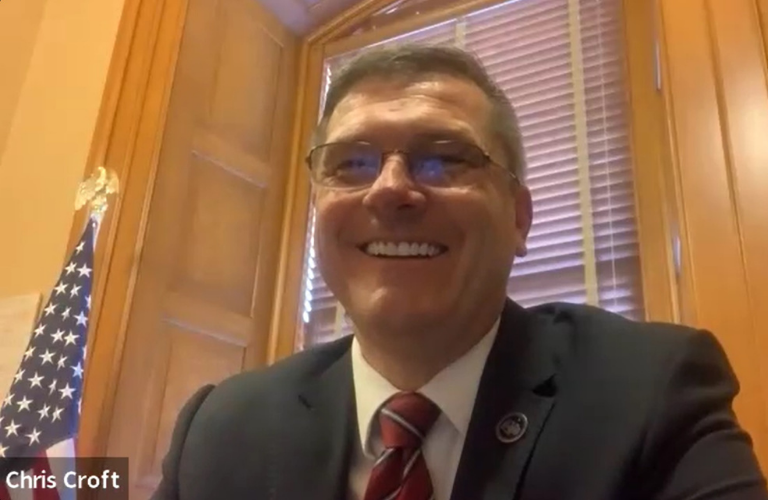
‘All Eyes on Kansas’: State Rep. Chris Croft Highlights Importance of IHRA Antisemitism Definition Recognition
Last month, the Kansas State House of Representatives passed — by unanimous 121-0 vote — a concurrent resolution to adopt the International Holocaust Remembrance Alliance (IHRA) Working Definition of Antisemitism.
The resolution — which now awaits Senate approval — will make Kansas the 20th U.S. state to adopt or endorse the definition, which in recent years has become widely-recognized a key tool in the global fight against Jew-hatred.
This week, Combat Antisemitism Movement (CAM) Editor-in-Chief Barney Breen-Portnoy spoke with Kansas State Representative Col. (Ret.) Chris Croft — a Republican from District 8 who took office in 2019 after a three-decade career in the U.S. Army — about the resolution and its significance for the “Sunflower State.”
Rep. Croft was among the lawmakers behind the bipartisan push the advance the resolution through the legislative process in the House.
Why do you think it was important for Kansas to take this step?
“The night before the vote, I walked around the State Capitol Building looking at some of the plaques here, trying to find words of inspiration. And we have two great things here. One, we have the late General Dwight D. Eisenwhower, a great Kansan who stood as a personal example of leadership to fight oppression and spoke of ‘the vital necessity of action today to ensure our strength of tomorrow.’”
“And the other thing is the phrase ‘All Eyes on Kansas,’ which goes back to before the Civil War, when Kansas was trying to become a state, and everyone was looking at us to see if we were going to come in as a free state or a slave state. And we came in as a free state.”
“So, from a Kansas perspective, you always have that as our history. And I think that’s the underlying point to this whole thing. It’s about freedom, the freedom to have life, liberty, and the pursuit of happiness. That’s what we stand for here in Kansas, and that’s why I think it was so important for Kansas to be seen as a leader in this effort.”
Bipartisanship is an all-too-rare thing these days, so can you speak to the significance of the across-the-board support this resolution got?
“That’s an interesting thing, because something I find a lot is that there’s a lot of commonality when we’re talking about the greater good. Working together is how we make ourselves and this world a better place. We don’t have to agree on everything, we have our core beliefs, but what we need to agree on is what’s the problem we’re trying to solve and what’s the end state we want to see, and then we can debate about the ways to get there. Too often, we’re just arguing to argue, but what you saw here was people recognized how important this was, and we came together on it.”
What role did past antisemitic incidents in Kansas, such as the 2014 Overland Park JCC shooting, play in spurring action here?
“There have been some examples of antisemitism happening in the state, and there’s been some attacks that occurred. But even if there hadn’t been, I think this would have been necessary just to identify this as a problem that needs to be addressed.”
What motivated you personally to get involved in this issue?
“My mother lived through World War II as a young child, and it affected her. And she spent her entire adult life — even though we didn’t have money, we had barely enough to make ends meet, she was single parent, a teacher — but she always sent money to Israel. And as she was about to pass away, she asked me just to make sure I continue to support Israel, and this is the best way I can do it. You use the platform you’re given, and if I can help in any way that’s what I want to do.”
“If you recall, when Hamas was shelling Israel last year, we had a lively debate, but we got bipartisan support as well for a resolution supporting Israel.”
What real-world impact do you believe this resolution will have?
“First off, I think it raises awareness. Just by us simply talking about it and putting it out there, it opens the discussion. And it is incumbent on us to continue that conversation. What this resolution did was highlight the issue, get people talking about it, and it’s now creating a dialogue.”
“So, I think this is the beginning, not the end, but it’s a great start to the process.”

